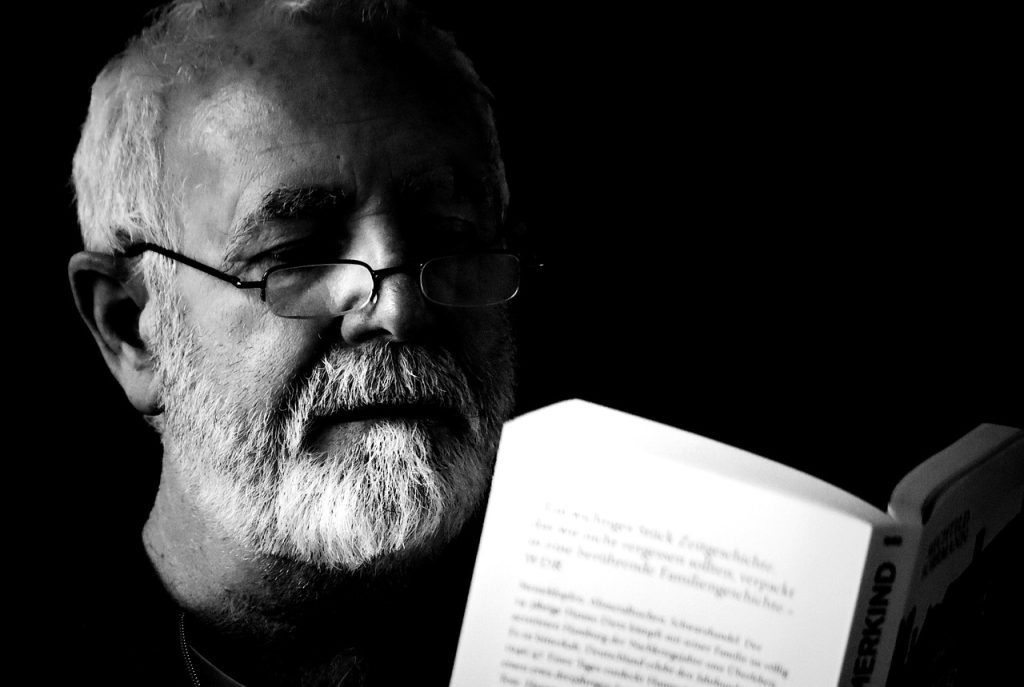I owe thanks for this story to Attila Mislai who translated it.
Nem is régen úgy esett, hogy valaki rengeteg gyönyörű történetre bukkant egy könyvben. Volt közöttük valóságos és kitalált, életteli és bölcselkedő, élvezetes és szomorú egyaránt. Némelyik nem is volt történet igazán, máskor egy elbeszélésen belül több történet is rejtezett. Mindegyik után legalább öt hasonlóval tudott volna előállni, ha átlapozza emlékeit, vagy munkára fogja képzeletét. Úgyhogy arra gondolt, széles e világon végtelen tárháza lehet az olyan történeteknek, amelyek gyógyulást hoznak az embereknek. Nem kell mást tennie, mint összegyűjteni és ügyesen átválogatni őket. Idővel tudni fogja, melyik mire való, s miként kell alkalmazni. Rendszerezni kezdte hát azokat, amelyek segítettek a bajban. Ha újat hallott, lejegyezte, ha újat talált ki, gondosan emlékezetébe véste őket.
Egyszer csak gyönyörű látomása támadt: hosszú polcokon sorakoztak a történetek, mint patikában az orvosságos tégelyek. Aki a pult mögött ült, ismerte önmagát és értett a hallgatáshoz. Mestere volt a gyógyításnak, varázslata abban állt, hogy tudta, kinek, mikor, mit kell mondania, ami segíthet.
This story in English: https://www.stefanhammel.com/blog/2014/08/25/2819/


